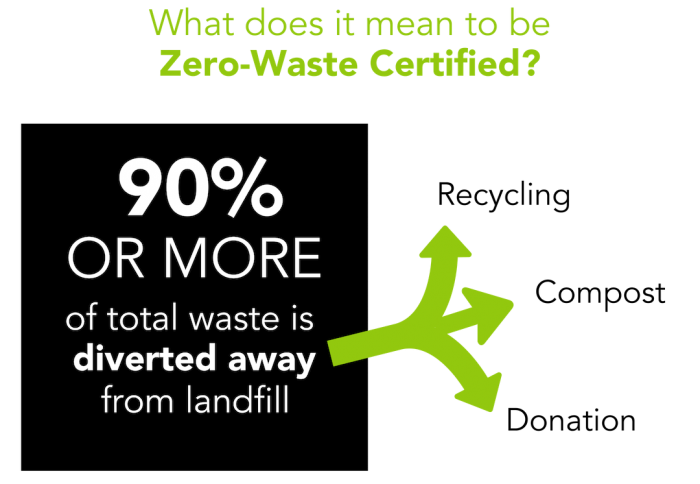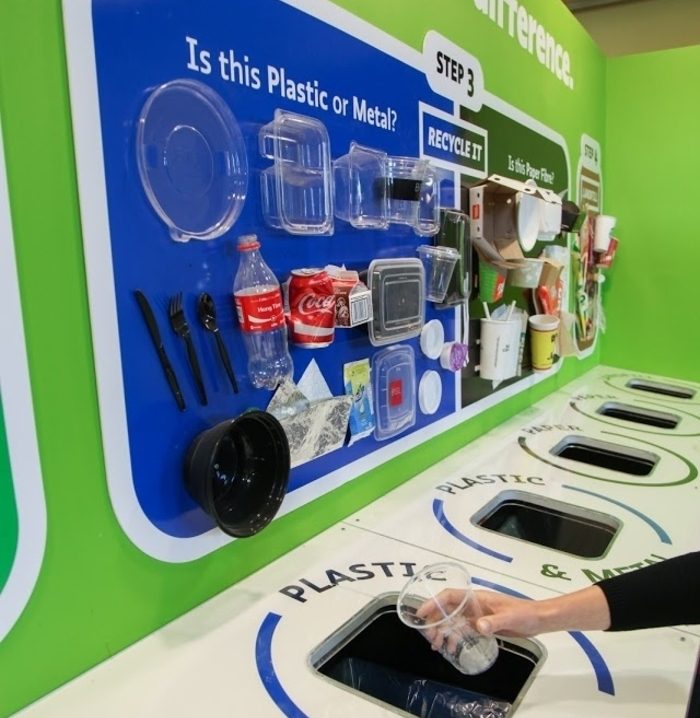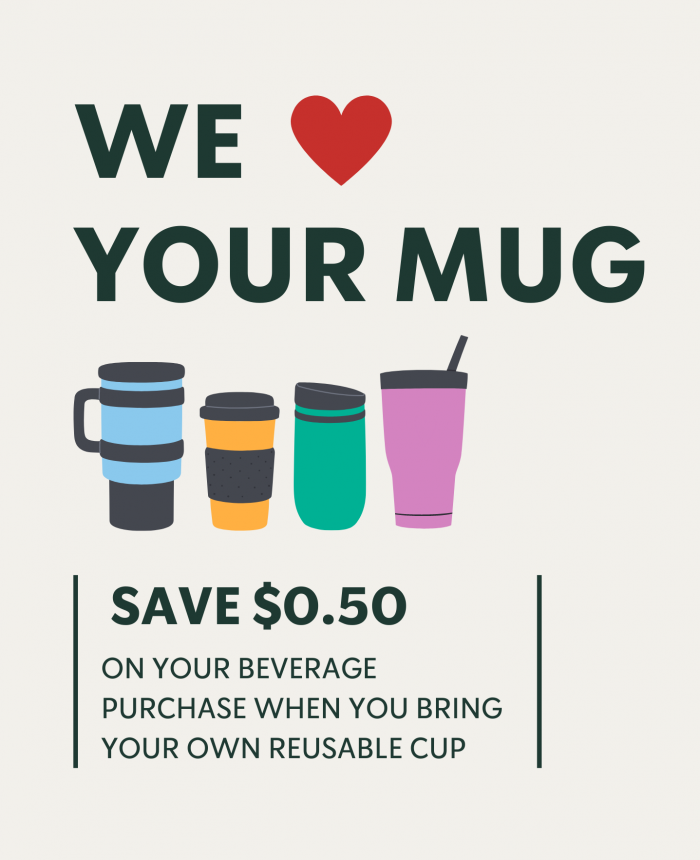Nuvilab Scanners
Carleton Dining Services recently partnered with Korean food insight company Nuvilab to make Teraanga Commons Dining Hall the first place in North America to feature AI-powered food scanners, located at each of the Dining Hall’s ecology stations. Carleton Dining is using this groundbreaking Nuvilab technology to better understand what menu items and how much of those menu items are being wasted throughout the cycle of our Dining Hall menu. Over time, this data will lead to greater conversations around creating a menu mix for students that decreases the amount of food wasted while truly matching their preferences! This information will become invaluable to furthering Carleton University’s food waste reduction sustainability goals.
This initiative can be simply summed up as: Better Options = Less Food Wasted!
How does it work?
Scan your plate or bowl by holding it underneath the scanner for one second so it can analyze your plate! The scanner’s 2D and 3D sensors assess food waste, determining which foods are being thrown out, and how much. The results are displayed on a newly installed dashboard at the Dining Hall’s entrance and provide guests with an overarching idea of how much waste is being generated per day.
Zero-Waste Facilities
We operate two Certified Zero-Waste facilities on campus: Teraanga Commons Dining Hall and the Food Court.
These locations are audited by a third-party organization who assesses if waste is being placed in the proper stream (i.e. organics, recycling, landfill). ‘Zero-Waste’ status indicates 90% or more of total waste is being diverted away from landfill.
How do we achieve zero-waste?
Waste Diversion Walls
We have made recycling easy by installing waste diversion walls across campus. The walls feature a physical piece of each type of packaging used in the dining location, with each piece of packaging hung above the proper waste stream. These visually engaging walls provide all the information a customer needs to correctly dispose of their waste, eliminating the guesswork often associated with recycling.
Locations
Food Court, Nideyinàn, 2nd Floor
Loeb Cafe, Loeb Building, 1st Floor
Oasis, Teraanga Commons, 1st Floor
Have an item not featured on the wall?
Check out Carleton’s recycling guide or the Waste Wizard to see if your item’s waste designation is specified.
Packaging and Tray-Free Dining
Eating at Teraanga Commons Dining Hall is a packaging-free experience. The dining hall also does not utilize trays, prompting customers to be more selective about the amount of food they serve themselves on one plate.
On average, the removal of trays reduces food waste by 25-30% per person.
Composting
All of the food waste coming out of our kitchens is sent to an organics facility for composting. The food is transformed into nutrient-rich material to be used by farmers as fertilizers.
Did you know?
Instead of composting, our Starbucks Page Break location gives away free coffee grinds during the summer to be used as a natural fertilizer for people’s gardens.
Leanpath
Our kitchens are equipped with a food waste tracking program known as Leanpath, which utilizes a scale and camera to provide real-time information about the waste we are producing. Based on recent Leanpath data, our team identifies the largest opportunities for waste prevention and creates waste prevention goals for those specific food items.
Since the system’s implementation, the average amount of pre-consumer waste produced by our dining hall kitchen has decreased by 84%.
Surplus food is an inevitable feature of our operations.
What’s not inevitable?
That food’s final destination being a waste bin.
Nearly 60 percent of food produced in Canada – amounting to 35.5 million metric tonnes – is lost and wasted annually. Of that, 32 percent – equalling 11.2 million metric tonnes of lost food – is avoidable and is edible food that could be redirected to support people in our communities.
The Avoidable Crisis of Food Waste, Second Harvest Technical Report
Food Donation - Made Easy
Canada’s largest food rescue organization, Second Harvest, developed a platform that connects businesses with excess unsold food to local social service organizations who will put it to great use! Carleton Dining has utilized Second Harvest to establish recurring weekly donations for items such as all of our unsold to-go Express meals.
Addressing Food Insecurity
In the 2022-2023 academic year, Carleton Dining made an impact by partnering with Second Harvest to distribute surplus food, which would have otherwise gone to waste. Through this initiative, 1,326 meals were provided to individuals facing food insecurity in the Carleton community. This addresses a pressing issue and contributes to sustainability efforts by preventing 6,777 lbs. of greenhouse gas emissions and saving 570 kg of food from being discarded.
Lug-a-Mug
Coffee cups are the most common item in campus trash cans. Our Lug-a-Mug program helps wipe out waste by incentivizing the use of a personal reusable cup. Bring a reusable mug to any Dining Services location on campus and receive a $0.50 discount! If you buy a coffee every day
with a reusable mug at Carleton Dining Services locations, you’ll be receiving a FREE cup of coffee every other week from the Lug-a-Mug savings.




